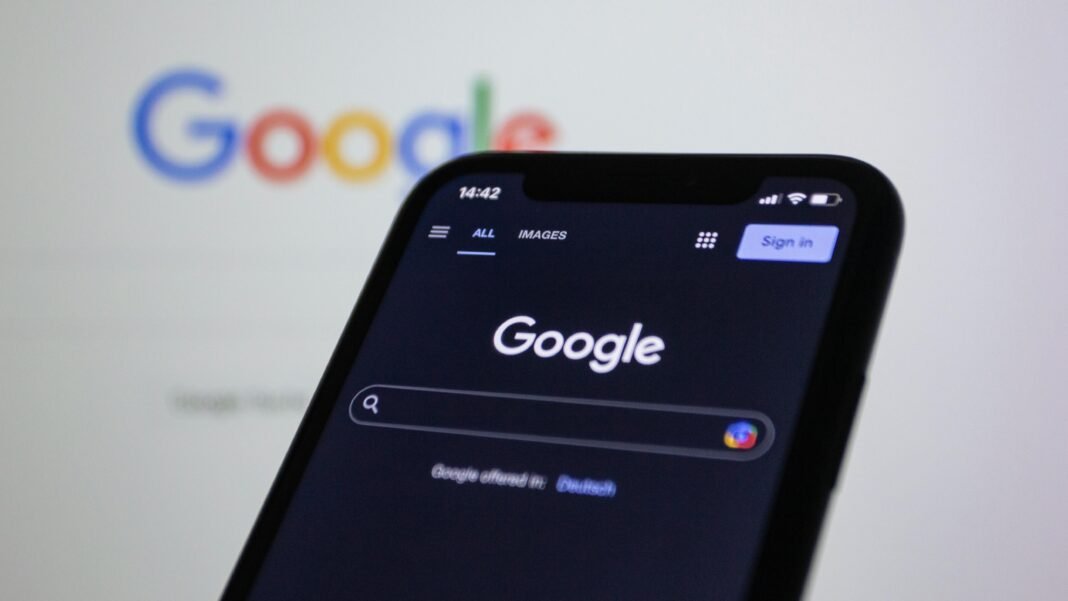Table of Contents
In today’s digital landscape, Google reigns supreme as a giant, connecting billions of users with information at their fingertips. When you search for something, the question arises: which websites appear at the top of the results, and how can you make your own website rank higher? This intricate dance is governed by a distinct branch of science known as Search Engine Optimization (SEO).
The Importance of SEO
If you own a business and aim for visibility without relying on paid ads, mastering SEO is crucial. Enter Thatware, an innovative SEO company leveraging over 1,000 proprietary AI algorithms to elevate your brand’s visibility. By enhancing your search rankings, they open the floodgates to new customers eager to discover your offerings. Their precise ROI tracking and real-time insights allow businesses to monitor results and make informed decisions—making a strong presence in search results akin to winning the lottery for small businesses.
Google Ads: The Targeted Advertising Model
But what about paid advertising? Understanding Google’s ad targeting mechanisms is key. Google creates user profiles based on various factors: age, gender, location, search behavior, and interests. Advertisers can then tailor their ads to specific demographics. For example, a clothing business can target ads to 18-25-year-old women in the NCR region searching for “sunglasses.”
This targeted approach is simplified yet profound. Advertisers bid on ad placements, and Google’s Ad Rank determines which ads are displayed based on bid amount and ad quality. Various ad types include Search Ads (top of search results), Banner Ads (on websites within the Google Display Network), and Video Ads on platforms like YouTube, including both skippable and non-skippable options.
Incredibly, Google generated $237 billion in advertising revenue in 2022 alone, a staggering component of their total $280 billion revenue. The growth in this sector has been exponential over the past two decades, fueled by the increased online presence during the COVID pandemic.
The Competition: Meta and Amazon
Google isn’t alone in the advertising realm. Meta’s Facebook and Instagram reported $131 billion in advertising revenue in 2023, while Amazon, leveraging its users’ purchase histories, made $46.9 billion from ads. This unique approach of utilizing past purchase data allows Amazon to present even more targeted ads than Google, showcasing a different facet of advertising efficacy.
The Cracks in the Model
Despite this dominance, Google faces significant challenges. Two major issues threaten the sustainability of its advertising model:
- Privacy Concerns: Increasingly, users are worried about the extent of information Google collects—location data, health concerns, and personal interests. With rising privacy awareness, individuals are sharing less online, leading to diminished data quality for advertisers. Poor ad targeting could dissuade advertisers from investing, directly impacting Google’s revenue.
- Reliability of Search Results: As Google’s search results become inundated with ads, the effectiveness of its search engine may decline. The familiar ad placements overshadow organic results, diminishing user trust. If a competitor emerges—like AI-powered chatbots such as ChatGPT—offering direct, ad-free answers, Google’s dominance could wane.
Google recognizes this potential threat and is developing its own AI software, Gemini, to compete with emerging platforms. The coming years will reveal whether Google can maintain its status as the internet’s face or whether it will be surpassed by new entrants.
The Future of Search and Advertising
This competitive landscape ultimately benefits consumers. With businesses vying for attention, users can expect enhanced services and products tailored to their needs. As we navigate this evolving digital age, understanding the mechanics behind Google’s advertising strategies and SEO becomes paramount for anyone looking to establish a successful online presence.
For those intrigued by Artificial Intelligence and its impact on our lives, explore further in my detailed video on the subject. Thank you for joining me on this journey through Google’s business model!





